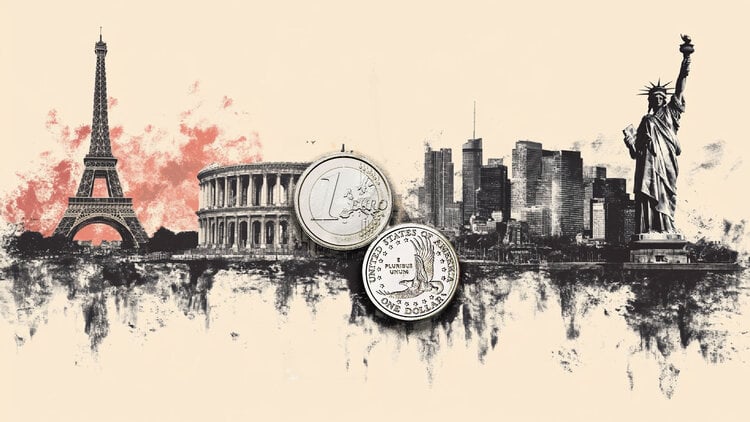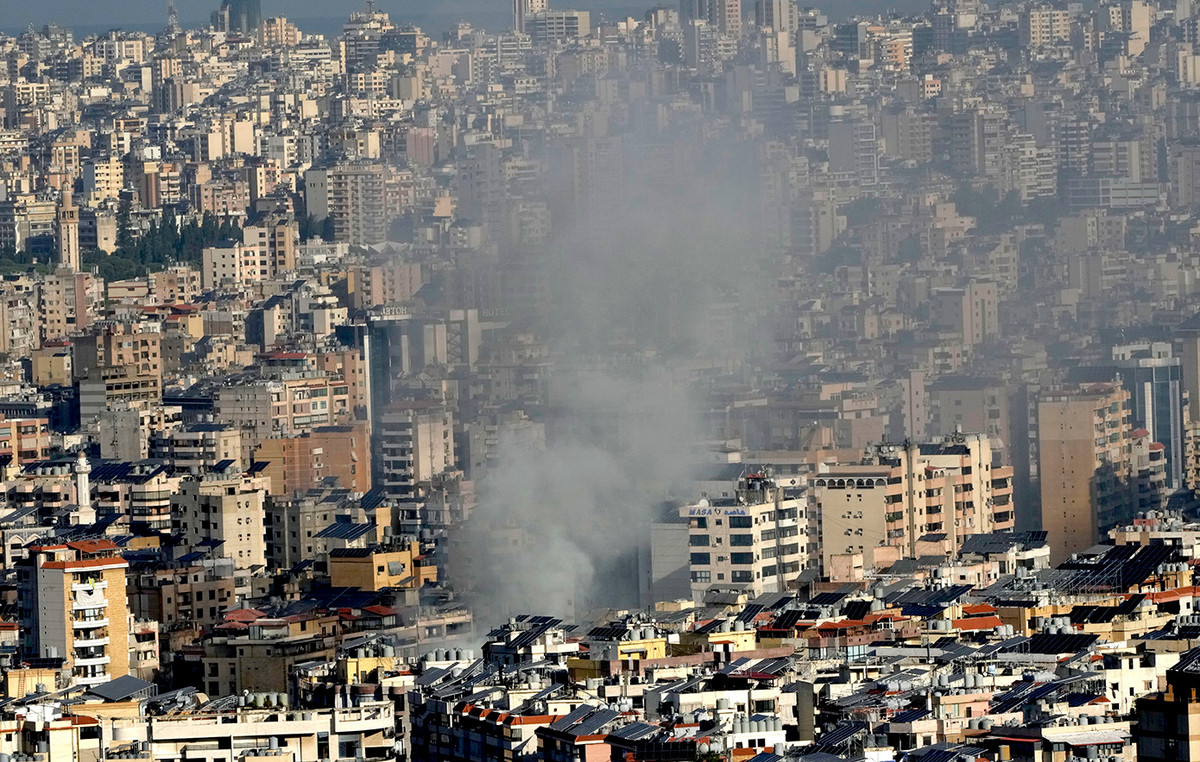LAST UPDATE 11:46
Energy prices are falling again after a volatile week, after the Ukrainian president stressed that talks with Moscow are showing signs of becoming more substantial, creating a cautious optimism about steps towards de-escalation.
In particular, futures contracts in New York fell more than 3% and traded below $ 110 a barrel, after rising on Friday.
The war in Ukraine has disrupted commodity markets from crude to cereals, forcing buyers to avoid Russian crude as they try to adjust to the new sanctions, although some are considering various solutions.
High-ranking US and Chinese officials meet on Monday as the United States seeks to involve China in helping end the war.
“Oil is pricing the chances of a rapprochement between the two sides, given some encouraging comments. The climate began to shift in favor of talks and compromise in Moscow and Kiev last week,” a Vandana Insights executive said.
During this week it will be seen if Russia plans to repay its international debt and the Fed will probably raise interest rates for the first time since 2018, most likely by strengthening the dollar.
The prospect of an additional supply of oil from Iran, which would immediately mitigate the tight market, has now been removed.
Tehran and world powers have suspended talks on a nuclear deal after Russia demanded assurances from the United States that sanctions would not affect its co-operation with Iran.
In this climate, the West Texas Intermediate April delivery is falling 4.2% and moves to $ 104.6 the barrel, after falling against 5.5% in total last week.
Similarly, Brent delivery in May is falling 3.5% στα 108.89 dollars per barrel, after falling weekly 4.6%.
Gas continues to decline
The downward series of gas prices is expanding, which after the weekly fall of more than 35% recorded on Friday, are now falling below 120 euros.
In particular, the April contract for gas in Amsterdam (TTF) is negotiated in 117 euros the megawatt hour with a fall 10.8%while at the low of the day it had reached up to 110 euros.
Flows from Russia to Europe via Ukraine continue at normal levels, as shown by the data of the managers, while in the de-escalation of prices, the forecast for the improvement of the weather conditions, which will limit the levels of demand, seems to help.
As Energi Danmark points out, “volatility will certainly remain very high this week, in which we see a downward opening today, Monday, as the market expects flows from Russia to continue.”
Source: Capital
I am Sophia william, author of World Stock Market. I have a degree in journalism from the University of Missouri and I have worked as a reporter for several news websites. I have a passion for writing and informing people about the latest news and events happening in the world. I strive to be accurate and unbiased in my reporting, and I hope to provide readers with valuable information that they can use to make informed decisions.







